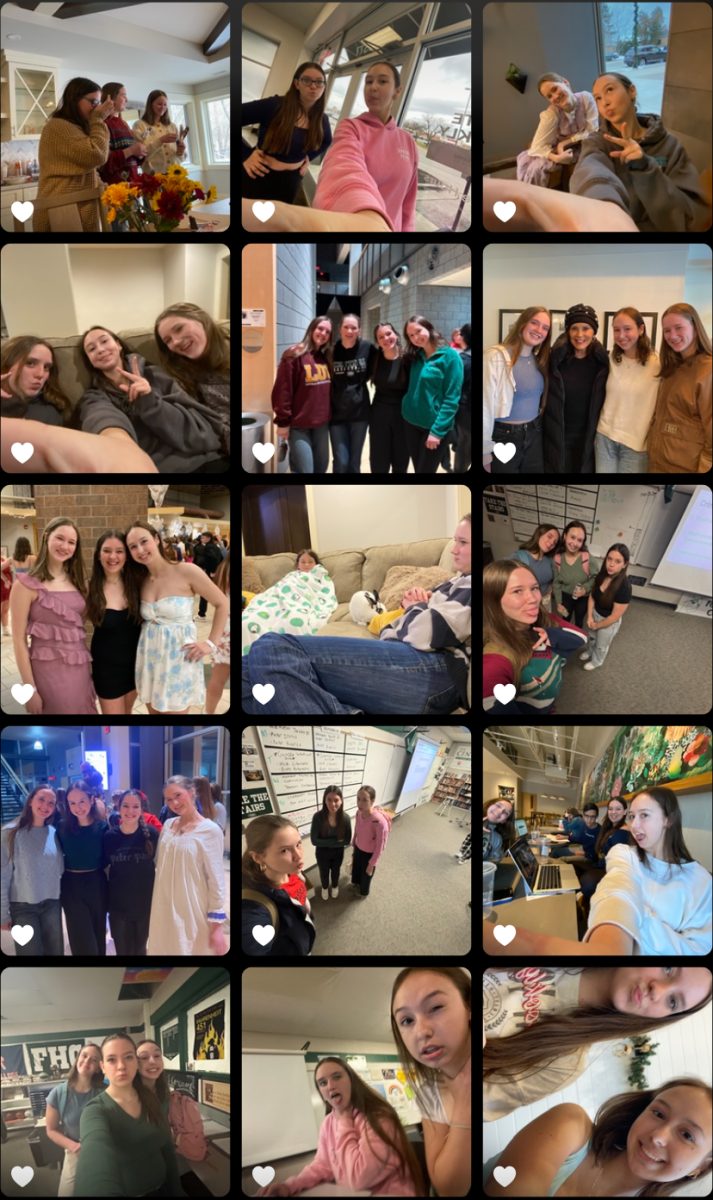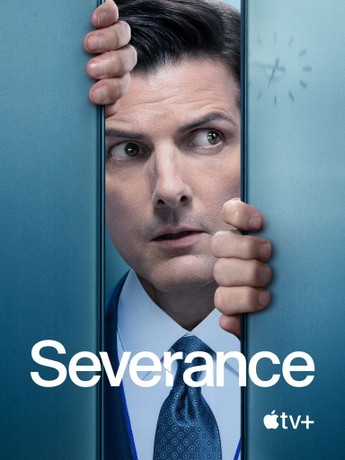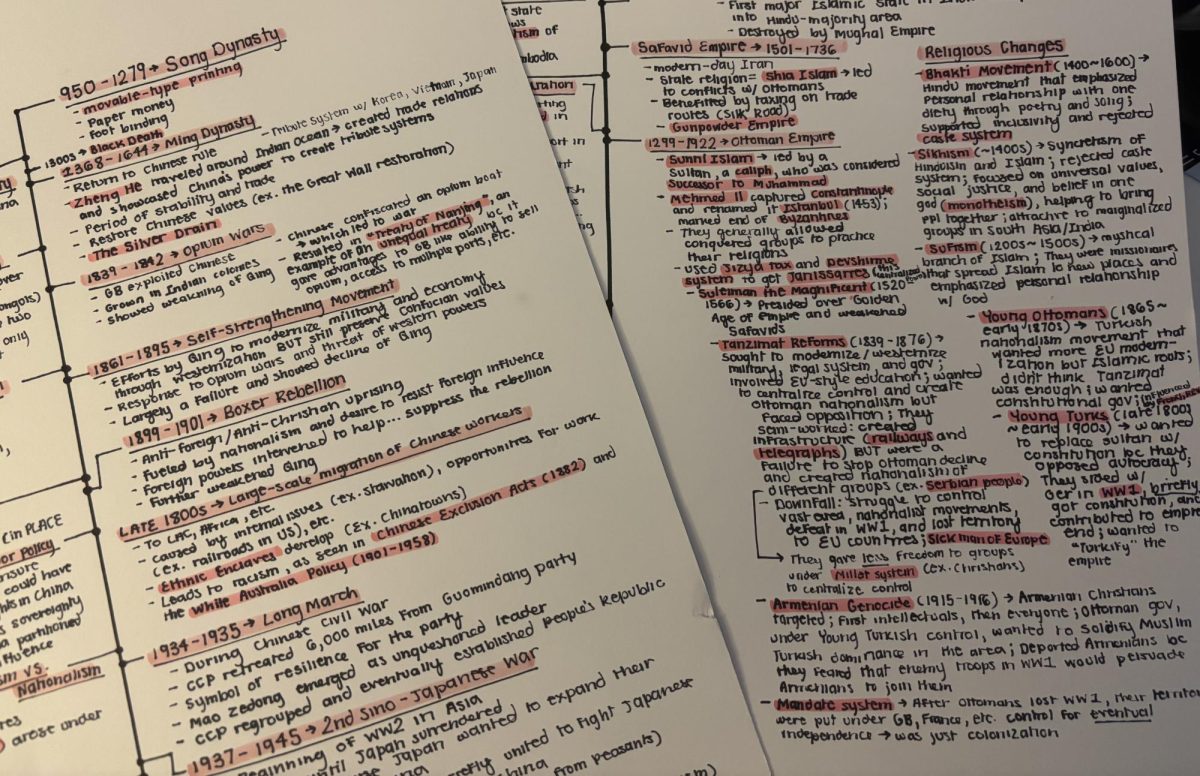The following story contains descriptions of the life of a sex worker
I like to think of myself as a pretty sensible person.
Socially, I’m endlessly aware of how everyone around me is feeling, and how my actions affect them. This, I’ve come to learn, isn’t something that’s present in everybody; not all people take the time to truly think before they speak, to understand that they do, in fact, have an impact on the well-being of others.
I can safely say I’m not in that category. I’m hyper-aware of my surroundings.
Although I may present myself fairly okay in a group of people I don’t know all that well, there are some that make me comfortable, comfortable enough not to feel the urge to think about everything I’m doing.
Generally, I tend not to think when I’m around my family. I say whatever comes to mind, sometimes it’ll make someone laugh, and sometimes I get a couple of awkward glances, but I usually don’t regret the things I do.
However, there is one exception.
When it first came out, I decided to watch Saltburn…at a family movie night, unfortunately. Though I had no idea what we were in store for with this experience, that is the one time I regret not thinking.
More recently, I had a similar experience. Simply because it won five Oscars, I invested myself in the fan-favorite Anora.
Following the life of the lead character, Anora (Mikey Madison), whose life as a sex worker gets turned upside down after repeated visits with a client, Ivan (Mark Eydelshteyn). Eventually learning of his extraordinary wealth and his placement as the son of a Russian oligarch, they impulsively decide to get married. However, when Ivan’s family receives backlash for their involvement with a person of Anora’s profession, they send a team of close executives out to force the young couple into an annulment.
On paper—and from a technical standpoint—this film was impressive. Given its outstanding performance at this season’s award shows, it’s fair to say that the critics proved a fondness for the character’s story, as well, and they had ample reasons to.
To begin, Madison delivered a stellar performance; her Oscar was awarded justly. Not only did she prove the capabilities of an actress as young as herself, but she also gave complexity to her character’s line of work, showing a side of sex workers that the public usually doesn’t give a second thought to. That fact alone made this film essential to gain a better understanding of how our society functions today through discrimination and downright hostility towards differing ways of life.
That being said, once I began to view the movie through a more personal lens, I found it, in many ways, hard to enjoy.
From the start, I had a horrible dislike of Ivan: I found him immature and selfish, which, to be fair, is the point of his character, but since the rest of the movie is based around his relationship with Anora, the anger he induced in me was hard to ignore. So many decisions were made that kept giving him the benefit of the doubt when he obviously had ulterior motives, and, after a while, I couldn’t stand it.
I’m going to gloss over the fact that there was an overabundance of graphic, intimate scenes. Yes, they did have a purpose in the larger picture of the plotline, but the sheer volume of these acts almost categorizes it above the R-rating it holds, and is unpleasant.
Furthermore, the film’s writer, editor, and director, Sean Baker, emphasized its involvement in creating a clearer picture of the struggles this profession faces through the highlighted narrative of a single character. Personally, it didn’t quite achieve that goal.
Baker spoke on numerous accounts of how this was Anora’s story alone; despite being named after the leading part, it wasn’t really about her at all. The audience never gets to see Anora outside of her role as a sex worker or a “wife.” None of her choices, really, are made for her own benefit. I found it hard to emotionally connect to her as a person since I don’t think we ever truly got to see who she was.
Despite the film’s commercial success, Anora was a difficult picture to empathize with mentally and emotionally.


























































































